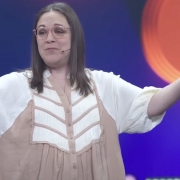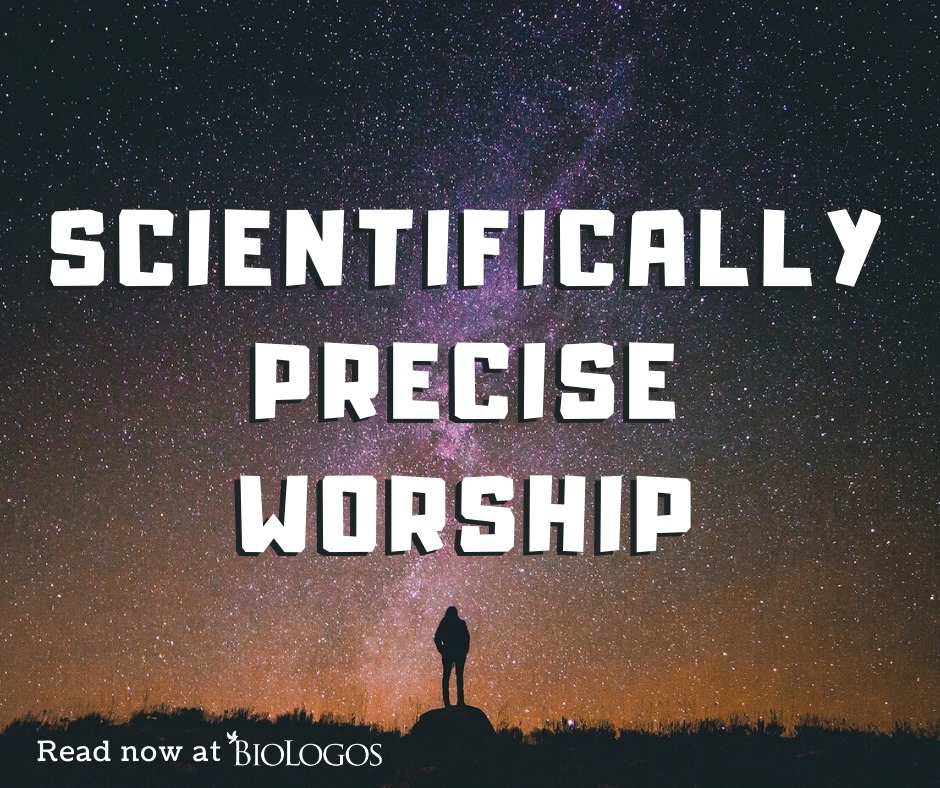Must we change our language to reach climate change deniers?
This article originally appeared at Baptist News Global on September 19 2023.
How can journalists reach evangelicals who get triggered by the term “climate change”?
This is the question Rebecca Randall asks in a piece last week for BioLogos. Despite the fact that 97% of scientists accept climate science and 92% of Americans who identify as “highly religious” believe “God gave humans a duty to protect and care for the earth,” just 42% of the highly religious believe climate change is something to be concerned about.
One of Randall’s interests is how journalists should respond to this disconnect.
“Traditionally, journalists are taught a fact-finding sort of craft, where what matters is the truth. In general, journalists are still rewarded for this kind of storytelling,” she writes. “Yet, if communicators begin with a truth — climate science is accepted by 97% of scientists — rather than the psychology of the group they’re trying to reach, they risk losing part of their audience.”
Greg Boyd, a pastor and a professor of Anabaptist studies at Northern Baptist Theological Seminary, recently tweeted: “I honestly don’t see how there could be a more important and challenging topic (theologically or otherwise) than this: Is Our Planet at the Point of No Return?”
“Given the politically charged climate we find ourselves in today, many pastors are either not interested in discussing climate science or are too afraid of their congregations to do so.”
But given the politically charged climate we find ourselves in today, many pastors are either not interested in discussing climate science or are too afraid of their congregations to do so. Peter Fargo, the founder of Climate Vigil, told Randall about one particular story: “While the church leadership was open to dialogue, they decided they couldn’t risk endorsing congregational conversations on climate change.”
Evolving how we talk about climate change
Fargo told Randall that starting with the truth about climate change consensus, his faith-based approach to the topic, or even sharing specific data typically leads to dismissal or unresolved arguments.
But a study at the University of Texas at Austin, led by Renita Coleman, found “removing any references to what causes climate change” and changing the term “climate change” to “weather change” helped readers be more receptive to the articles.
“For a scientist or even a science journalist, perhaps this is frustrating,” Randall admits. Then she quotes Axios climate and energy reporter Andrew Freedman responding with: “This is an, um, interesting set of suggestions for how journalists can ‘reach’ climate skeptics. Leave out ‘climate change’ and ‘global warming’ and sub in ‘weather?’ Don’t mention causation?”
Or as Randall herself asks, “How can a climate communicator even do their job if avoiding certain terms?”
Randall’s suggestion is that we move our conversations toward finding solutions for particular challenges people face who work the land, and by discussing “creation stewardship” rather than “climate stewardship.”
“I find reporting about solutions is harder than reporting a conflict,” Randall observes. “But thinking of communication this way provides another goal for the journalist or science communicator. It’s not a fact-sharing mission. It’s a dialogue that includes seeking to understand motivations, listening to the perspectives of others, weighing pros and cons, scalability and considering unintended consequences, etc. By the time that all is said and done, the so-called ‘trigger words’ may naturally appear less frequently, and maybe when they show up, people’s defenses will be lowered.”
Why is there so much defensiveness?
But if evangelicals are so committed to the truth, why are they so defensive in their denial of climate change? Much of it may be due to how many of them see reality through the Christian nationalist lens of Republican politics. Yet while politics may play a significant role, there are pastoral and theological factors as well.










Leave a Reply
Want to join the discussion?Feel free to contribute!